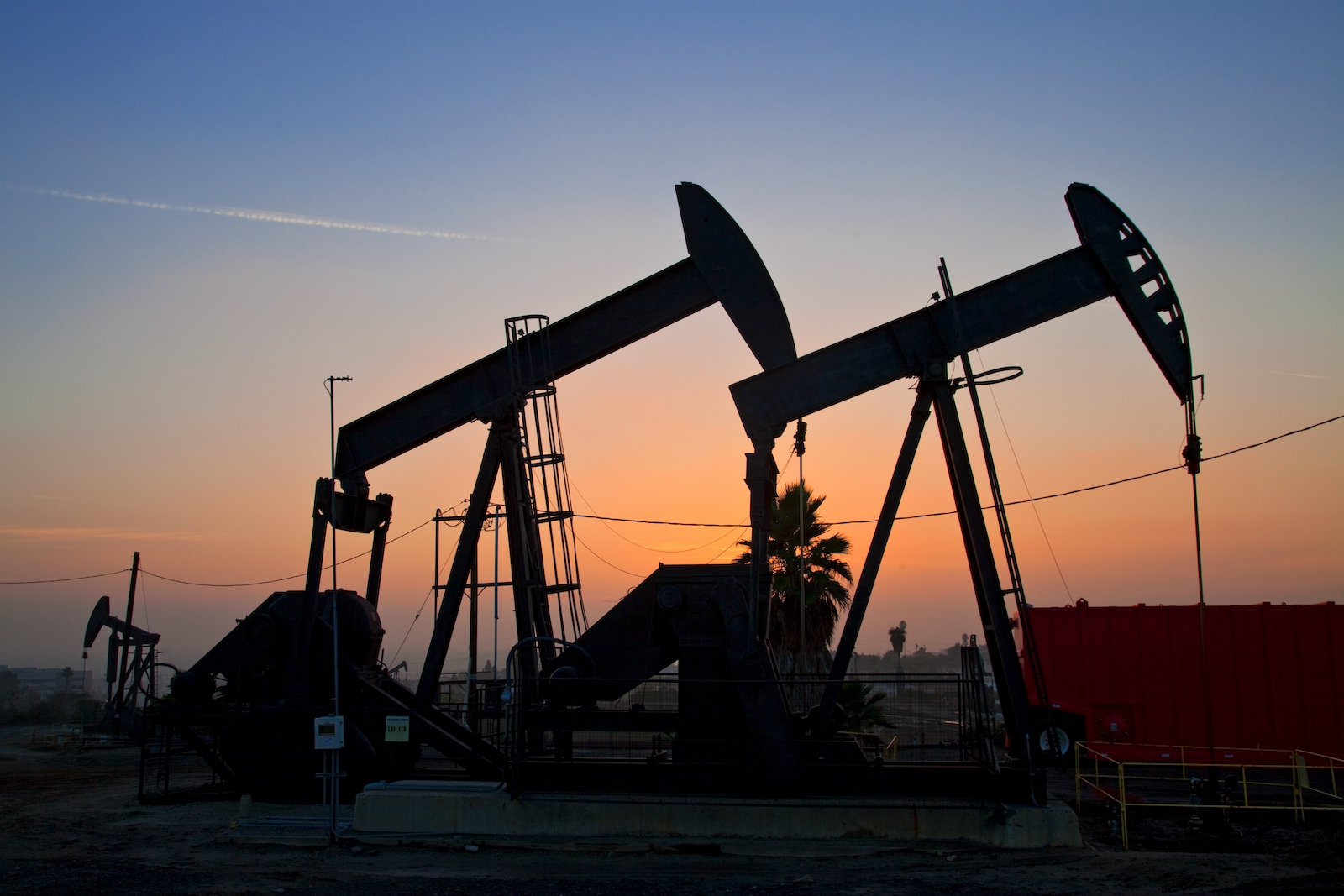On Wednesday, the Los Angeles City Council approved a sweeping measure that will ban new oil and gas wells and phase out existing wells. Los Angeles is home to the country’s largest concentration of urban oil fields.
Joining neighboring Culver City and unincorporated parts of LA County, the move is expected to cut the city’s dependence on fossil fuel production and ease burdens on neighborhoods saddled by oil and gas wells.
A 2021 Grist analysis found a higher concentration of wells in predominantly Black and Latino communities in Los Angeles compared to majority-white areas. For more than a decade, LA-based environmental justice organizations have highlighted the health costs of urban drilling, including abnormally high rates of asthma, cardiovascular disease, and reproductive issues. Across California, 84 percent of wells are found in places categorized by the federal government as medically underserved areas lacking access to health services.
“Years of tireless community organizing, advocacy, research and public education by frontline environmental justice organizations led to this historic vote,” said Richard Parks, president of Redeemer Community Partnership, an LA-based community health organization. “Today, Los Angeles – a city built on the world’s largest urban oil field – is turning away from its toxic past toward a more sustainable and just future.”
The new measure directs the city’s attorney to draft an ordinance that not only prohibits oil and gas drilling but also changes the zoning laws to make drilling illegal. In the coming months, a study is expected to be produced by the city’s law department outlining how to legally phase out existing wells.
LA’s proposal builds off a statewide proposition announced by California Governor Gavin Newsom in October. Due to public and environmental health impacts, the state’s Geologic Energy Management Agency is in the process of banning the permitting of new oil and gas wells within 3,200 feet of community sites, including homes, schools, hospitals, nursing homes, and daycare centers. Grist’s 2021 investigation found that if implemented, the rule would protect about 2 million residents from the negative health effects of urban oil drilling and 392 schools, serving over a quarter of a million students.
The state’s oil and gas industry has pushed back against these recent proposals. The California Independent Petroleum Association has challenged LA’s new measure, claiming it’s illegal. The association’s CEO Rock Zierman asserts that the move will negatively impact the 8,000 jobs associated with oil extraction in LA and leave the state “more dependent on imported foreign oil from Saudi Arabia and Iraq.”
Similar claims have permeated conversations around the country’s energy transition from California to Louisiana, despite multiple analyses that contend a national clean energy transition will lead to the creation of millions of jobs. Los Angeles’ proposal includes the creation of a jobs program to transition oil and gas workers to other industries.
For residents like Ashley Hernandez, who grew up in the Los Angeles community of Wilmington just 600 feet from a drilling site, the vote was welcomed and long overdue.
“Our futures will hopefully not be full of emergency room visits, bloody noses or burdensome health impacts,” she said, “but a cleaner future where black and brown families are the ones protected and valued.”




